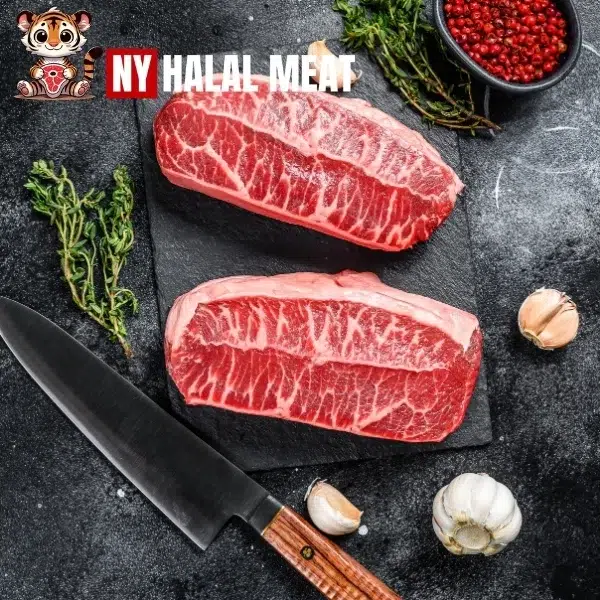Organic vs. Conventional Meat: What’s the Difference?
What Is Organic Meat?
- No Synthetic Chemicals: The animals are kept free of antibiotics, hormones, or synthetic pesticides.
- Natural Feed: Livestock survives on organic food that contains no GMO ingredients.
- Humane Living Conditions: Animals are allowed to roam outside, encouraging natural behavior.
What Is Conventional Meat?
- Use of Antibiotics and Hormones: For growth promotion and disease control.
- Normal Feed: Usually includes grain or cereals, which are often pesticide-treated and may contain GMOs.
- Confinement Systems: To enhance efficiency, animals are kept in small overcrowded conditions.
Main Differences Between Organic and Conventional Meat
1. Health Implications
Organic Meat: Contains fewer chemical residues and no synthetic hormones, making it cleaner and safer for human consumption.
Conventional Meat: May contain antibiotic and hormonal residues, raising concerns about antibiotic resistance and hormonal disruptions.
2. Environmental Impact
Organic Farming: Focuses on sustainability and avoids harmful chemicals, protecting soil and water resources.
Conventional Farming: Can contribute to greenhouse gas emissions, deforestation, and water contamination.
3. Animal Welfare
Organic Standards: Require humane treatment of animals, outdoor access, and lower stocking densities.
Conventional Methods: Often involve high stocking densities and stressful conditions for animals.
4. Taste and Quality
Organic Meat: Often considered tastier due to natural diets and slower growth rates.
Conventional Meat: May lack the intense flavor but is generally more affordable.
Should You Choose Organic or Conventional Meat?

The decision depends on your priorities:
- Health-Conscious Consumers: Should opt for organic meat to avoid synthetic chemicals and hormones.
- Budget-Friendly Choice: Conventional meat is more affordable and widely available.
- Environmental and Ethical Concerns: Organic is the better choice for sustainability and animal welfare.
Conclusion
The choice between organic and conventional meat depends on personal preferences, budget, and ethical considerations.
Organic meat offers fewer chemicals and better animal welfare, but conventional meat remains an accessible and economical option for many households.
For the best of both worlds, consider sourcing meat from local farms or certified humane producers.


